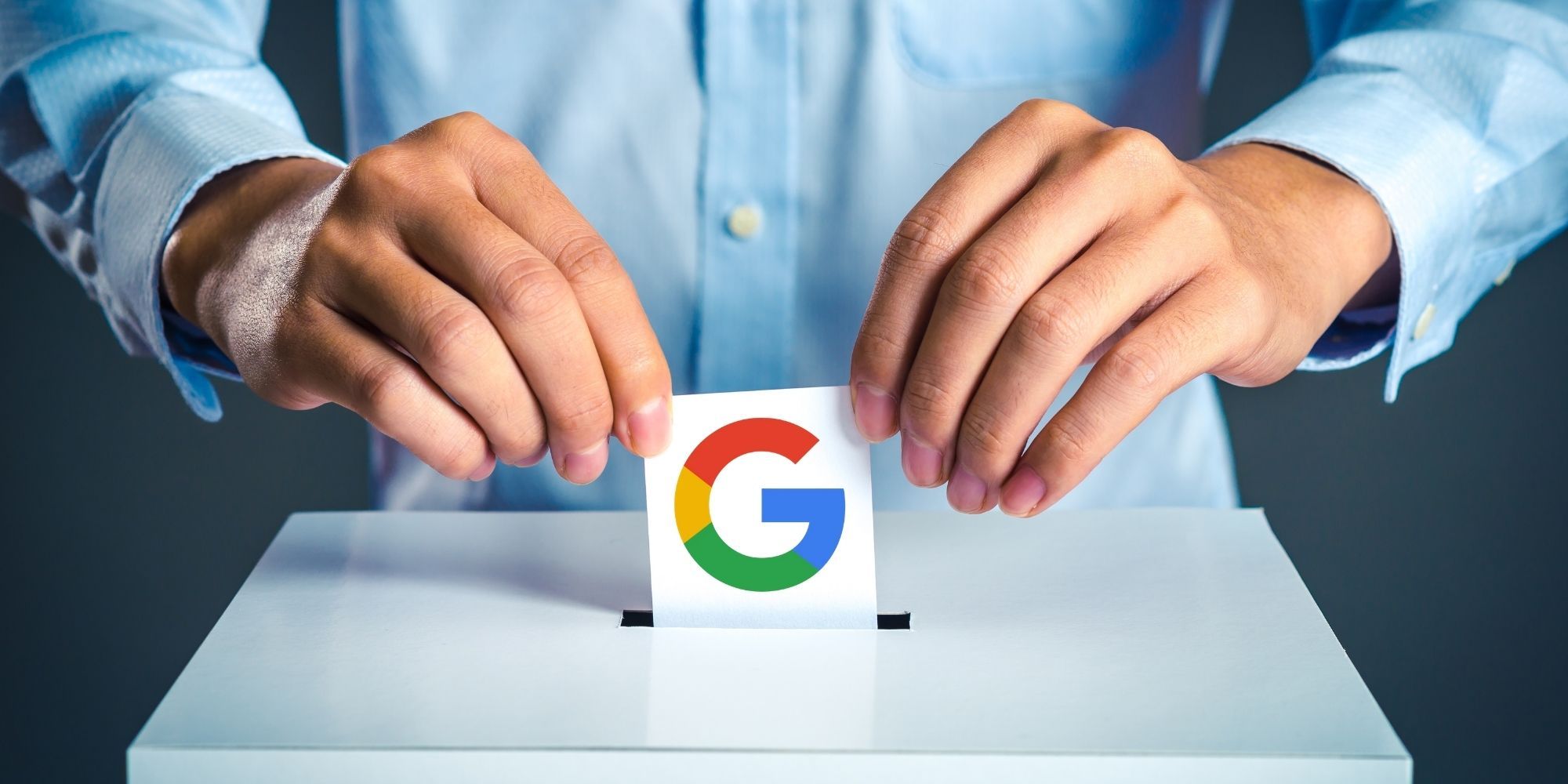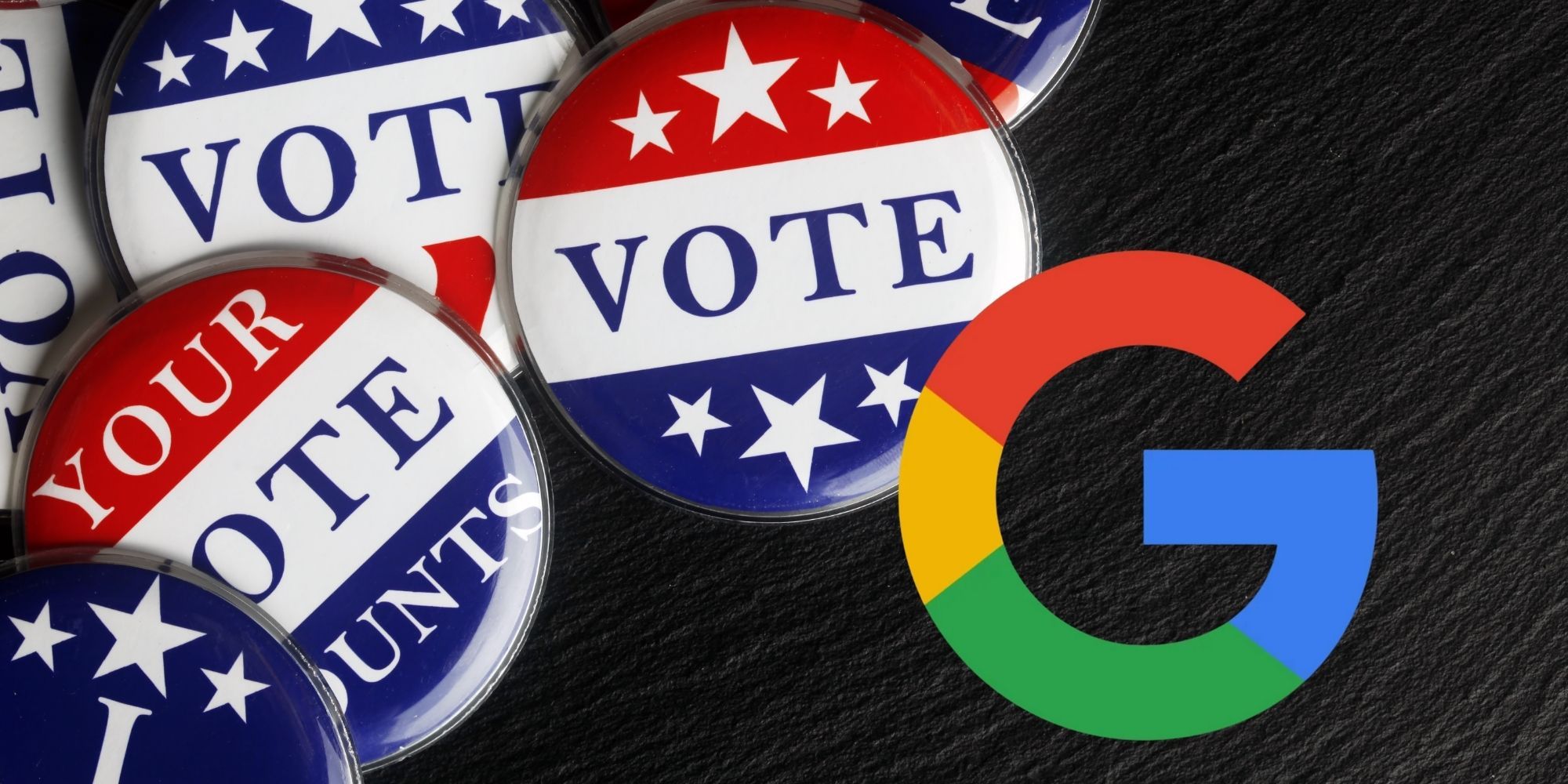Google is doing its part to improve the quality and type of information it shares as part of its curated search results. The search giant described these changes in a recent blog post, where it outlined the future of its Autocomplete feature. This includes removing Autocomplete predictions that suggest individuals may be unable to vote, which party to vote for, and other potentially biased misinformation.
Google's Autocomplete feature uses search predictions to better and more efficiently search online. As outlined in Google's Help Center, these predictions are generated "based on a variety of factors." This includes the number of times a phrase has been searched, whether predictions potentially violate Google's policies, and whether the content returned is unreliable. Google asks that users help to report issues with Autocomplete in its Help Center, especially when it comes to "hateful predictions against groups."
Google will now be taking down any Autocomplete predictions that either endorse or oppose a certain political party. These measures will only apply to Autocomplete, however, as anyone can still search for information surrounding the candidates or parties they choose. Autocomplete won't just add restrictions to the way individuals use Google; as outlined in the official announcement, changes will be made as an extension of what the company already has in place as official policy.
How Google Is Working To Eliminate Bias From Autocomplete Results
This may seem like a big change for Google. However, the policy will leave most of the Autocomplete suggestions that pass through, just with some minor changes. Given that these changes to Google's Autocomplete function are being made in a bid to quell misinformation and bias, there may also be less conspicuous search suggestions deleted to ensure no "bad" results make their way in. This should reassure many users, especially as the election in November approaches.
While Google's endeavors won't single handedly eliminate the problem of bias from entering the collective consciousness this election year, it's certainly a good first step. At the very least, it's an inspiration that perhaps social media platforms can pay attention to going forward. Many users remain frustrated by the misinformation and hate circulating on Facebook and Twitter in particular. This sort of concept could be good to adopt on both sites. Hopefully, this move by Google is only the start of a push toward a smarter, safer Internet.
Source: Google


